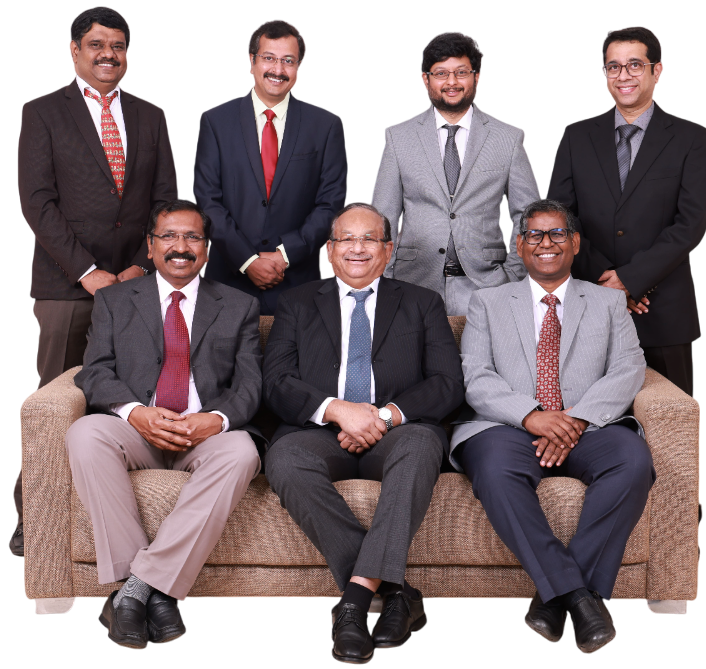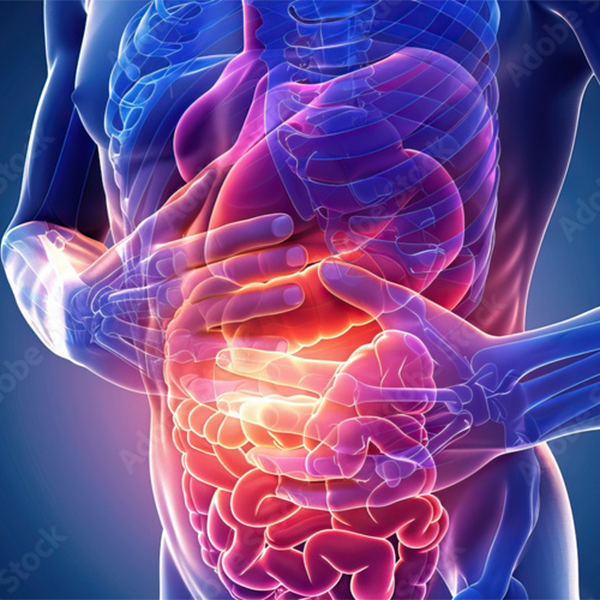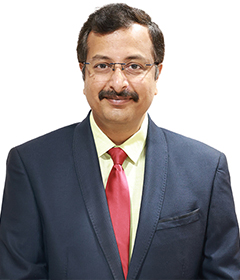" JCI & NABH Accredited Hospital "
💓இருதய நலம் – ராயல் கேர் மருத்துவமனை (சிட்டி யூனிட்) வழங்கும் சிறப்பு இருதய ஆரோக்கிய முகாம், எங்கள் இருதய நல முகாமுடன் உங்கள் இருதய ஆரோக்கியத்தைப் பெற்றிடுங்கள்! மேலும் அறிய +91 9087 877 977 | கருவறை காவியம்: உங்களுக்கு மிகவும் சிறந்த மற்றும் பாதுகாப்பான மகப்பேறு சிகிச்சை அனுபவத்தை இப்போது சிறப்பு கட்டணத்தில் வழங்குகிறோம் | சுகப்பிரசவம் Rs.15000/- | சிசேரியன் Rs. 25000/- மட்டுமே. மேலும் அறிய +91 9087 877 977





